Zwitterionic hydrogels boost healing in diabetic wounds by balancing the immune response, reducing inflammation, and promoting tissue growth.
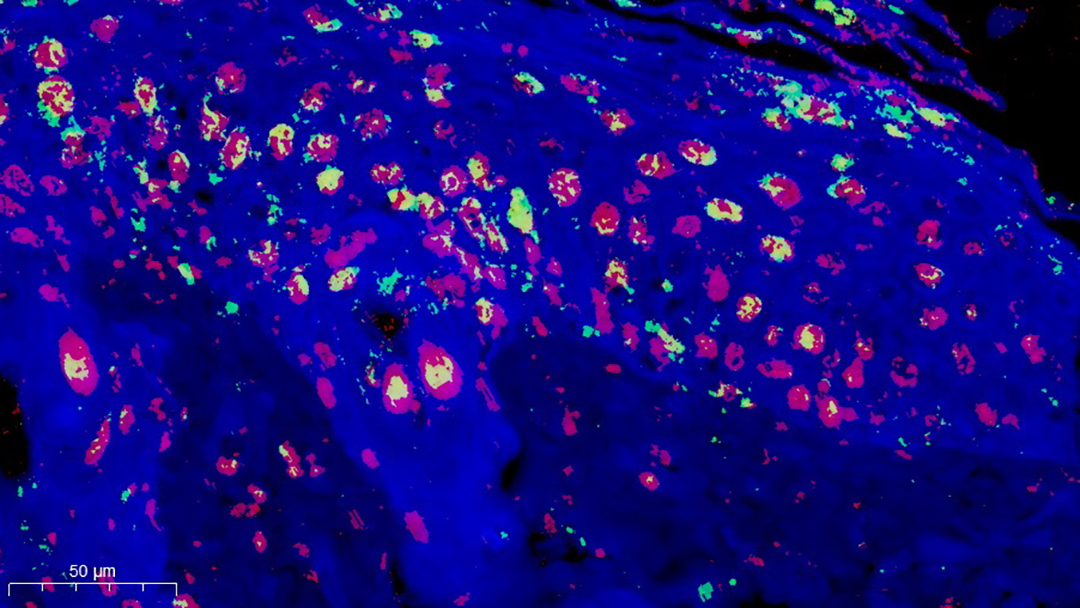

Zwitterionic hydrogels boost healing in diabetic wounds by balancing the immune response, reducing inflammation, and promoting tissue growth.
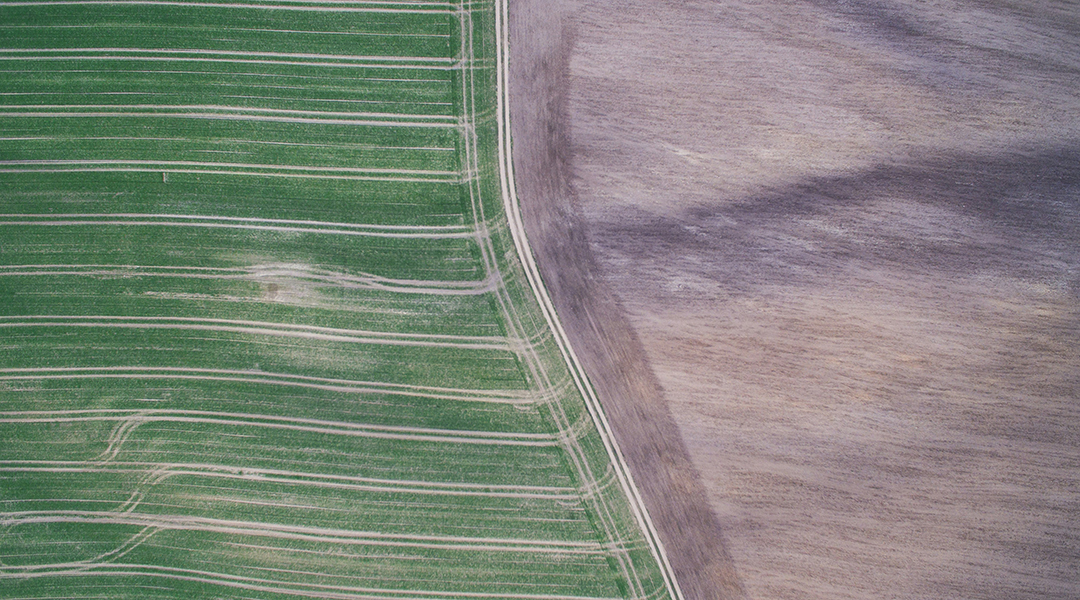
Traditional means farmers used to use for seed selection and preservation may help us cultivate more resilient food in a changing climate.
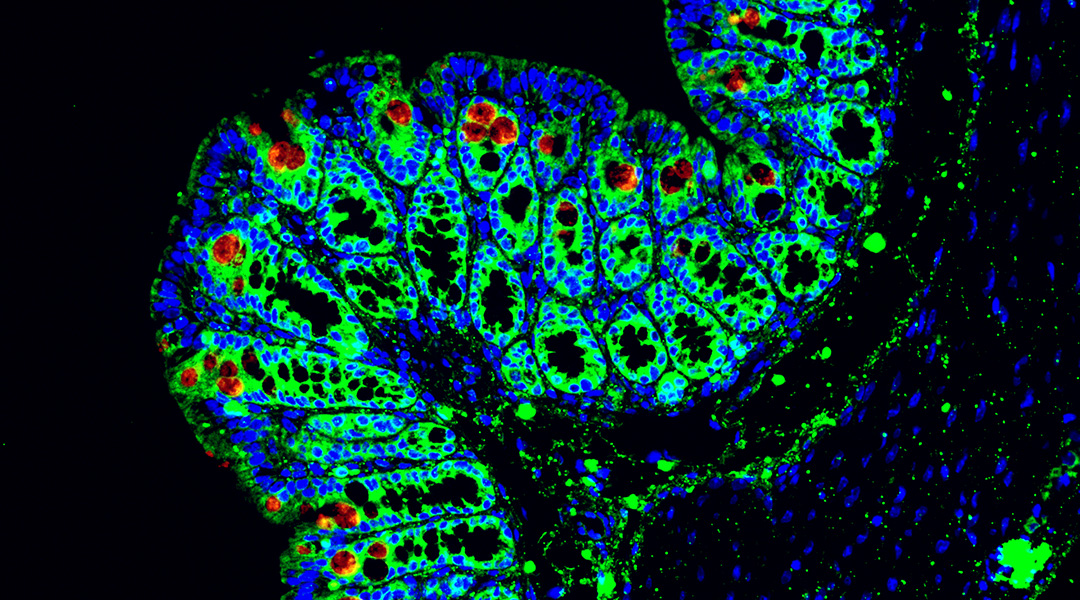
Scientists discover interactions between gut bacteria and immune cells that cause inflammatory bowel disease in glycogen storage disease.
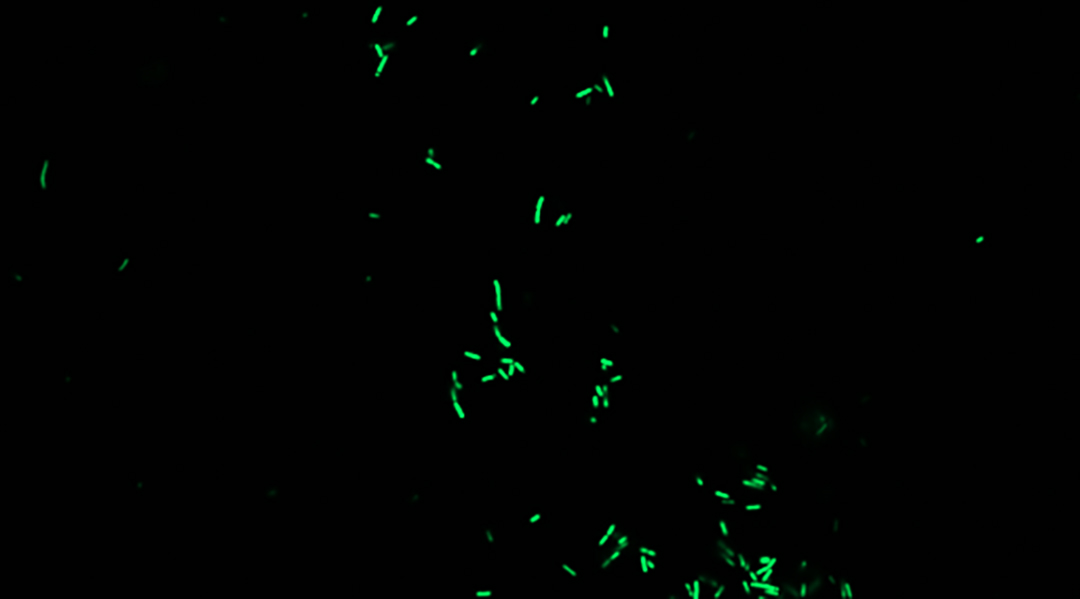
First living biosensor developed to study honeybee gut microbiome, providing insights into health and conservation.

Microscopic machines powered by light are a “double threat” to bacteria and could help combat the growing problem of drug resistance.
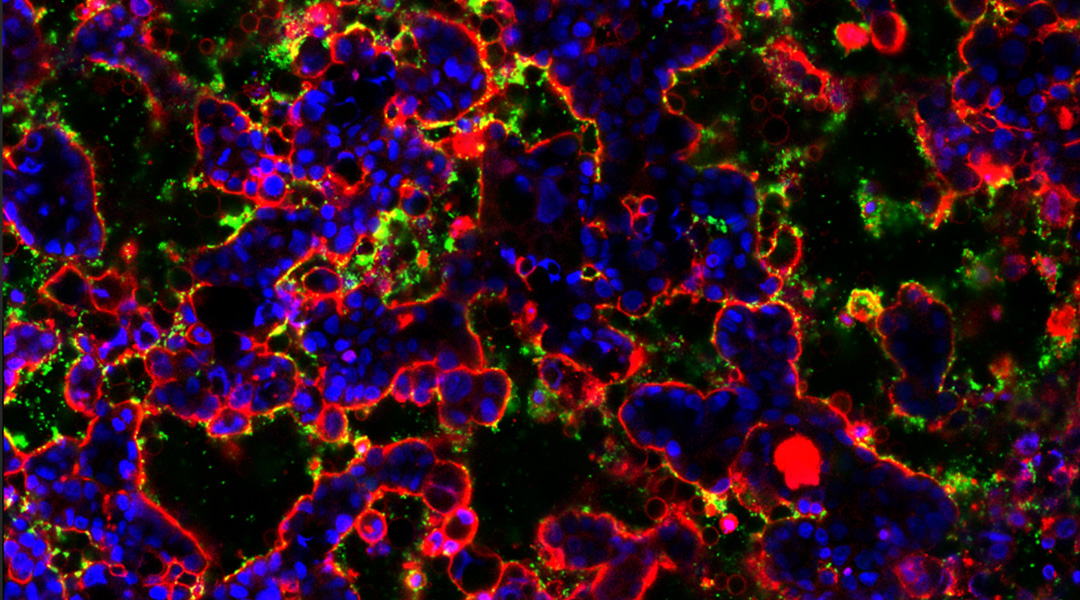
This artificial gut will allow scientists to gain deeper insights into the biome that exists there and how dysregulation can lead to disease.
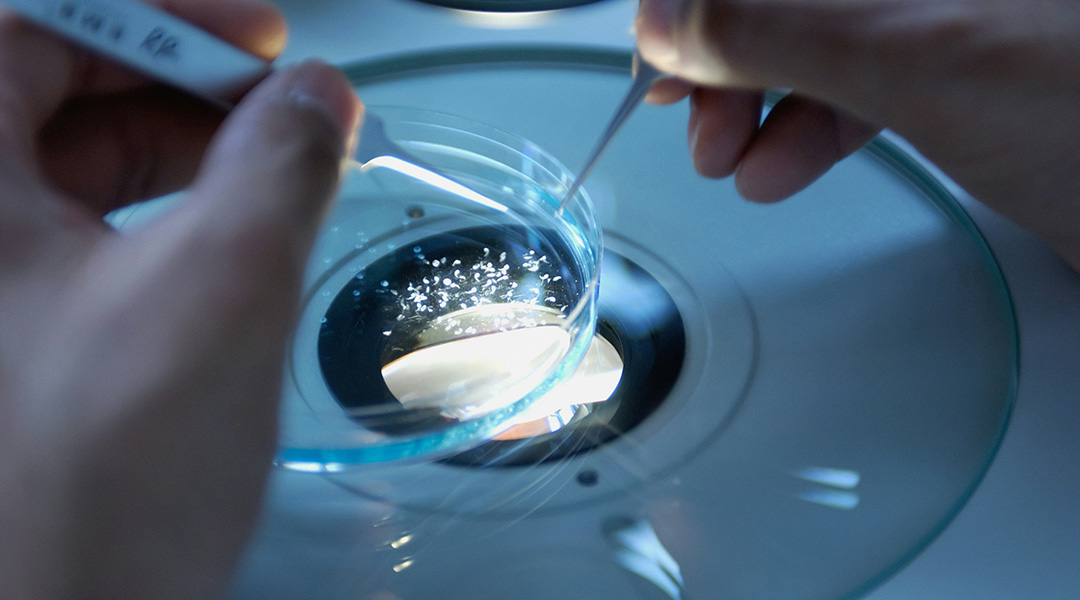
The new protocol identified microbes that standard techniques alone couldn’t, uncovering previously unknown bacterial strains in the process.
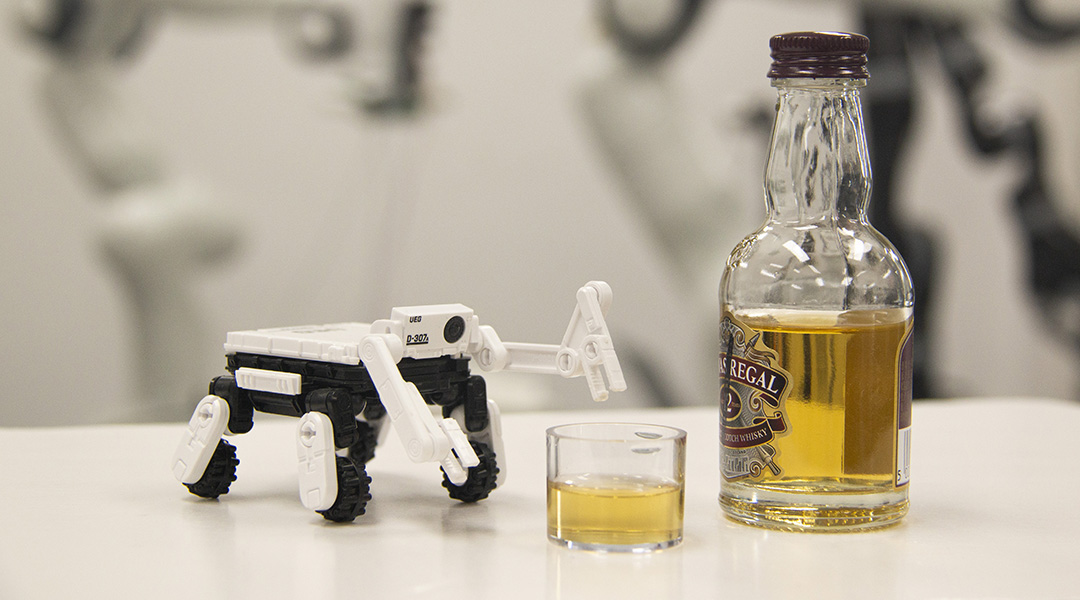
Precisely copying the capabilities of a biological nose with an artificial one is a lofty but potentially world-changing goal.
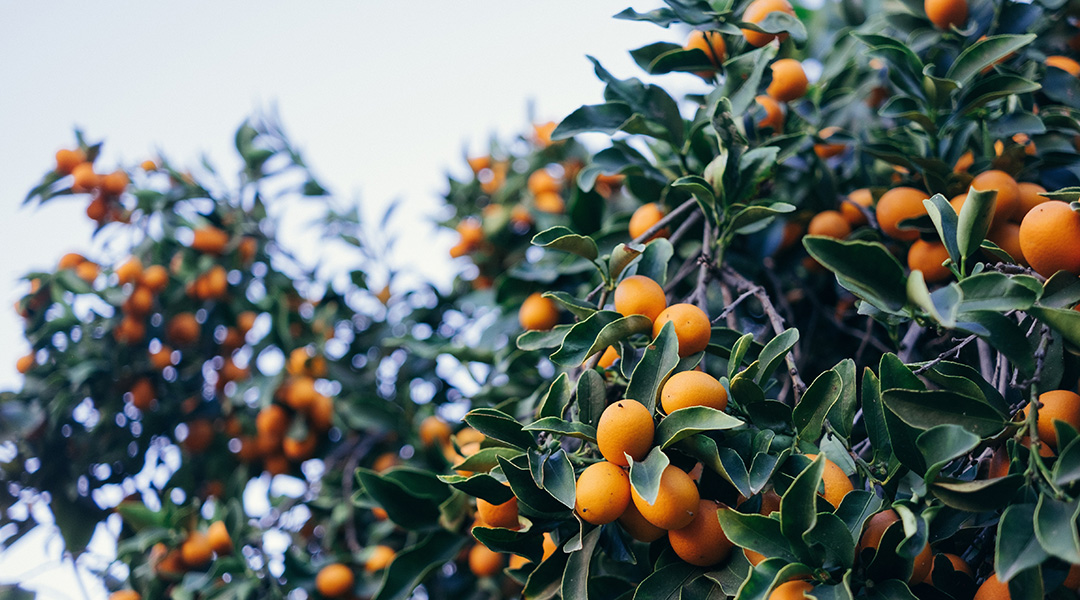
Citrus canker threatens orange orchards, but nano-sponges loaded with a plant-based antibacterial may offer a solution.

Microneedle skin patches combined with a safe electrical current help antigens cross the skin to trigger an immune response against tumors.